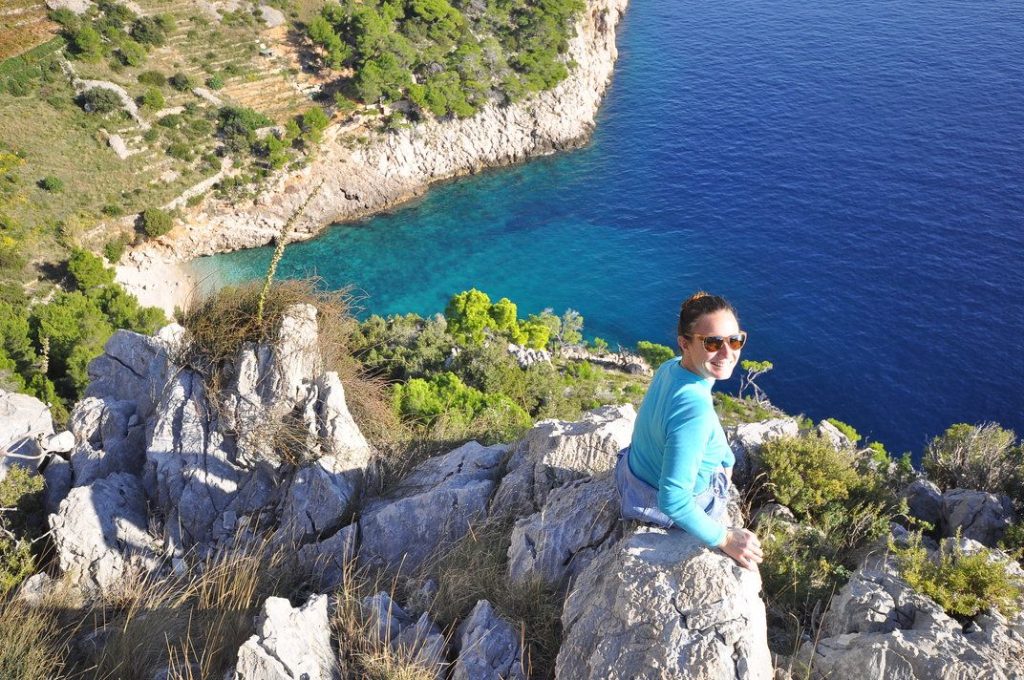Continuing our series on Croatia’s foreign entrepreneurs, a look to an extraordinary small business in Stari Grad on Hvar island on February 8, 2018
It’s fair to say Hvar is having a pretty good year: the island is about to mark the 150th anniversary of organised tourism, its recent nomination for the Best European Destination 2018 only coming as the icing on the cake. It’s only right that we add to the festive atmosphere and present you with the story of a French couple who moved to Hvar and soon came up with a fantastic idea: shining a light on the quality of Hvar’s gastronomic offer by opening a deli Za Pod Zub, brimming with outstanding local produce. Later on, they introduced another unique service – but let’s leave it to Chloé and Yvan to share the details:
First and foremost, why Croatia?
C&Y: We are a French couple with a passion for culture, gastronomy, wine, art of cooking, and beautiful places around the world. We’ve spent a number of years working for luxury hotels and restaurants around the globe.
Y: Chloé first came to Hvar from the Caribbean with her mother in 2002. She was instantly seduced by the beauty of the island as its waters reminded her of the transparent water of Saint-Barthelemy where she grew up. After spending a year in Stari grad she decided to return every following summer for vacation. She loved the culture, the people and the gastronomy. She spent a lot of time discovering all the secret places on Hvar. Island life attracts a certain type of person and she has this particular sort of energy in her blood.
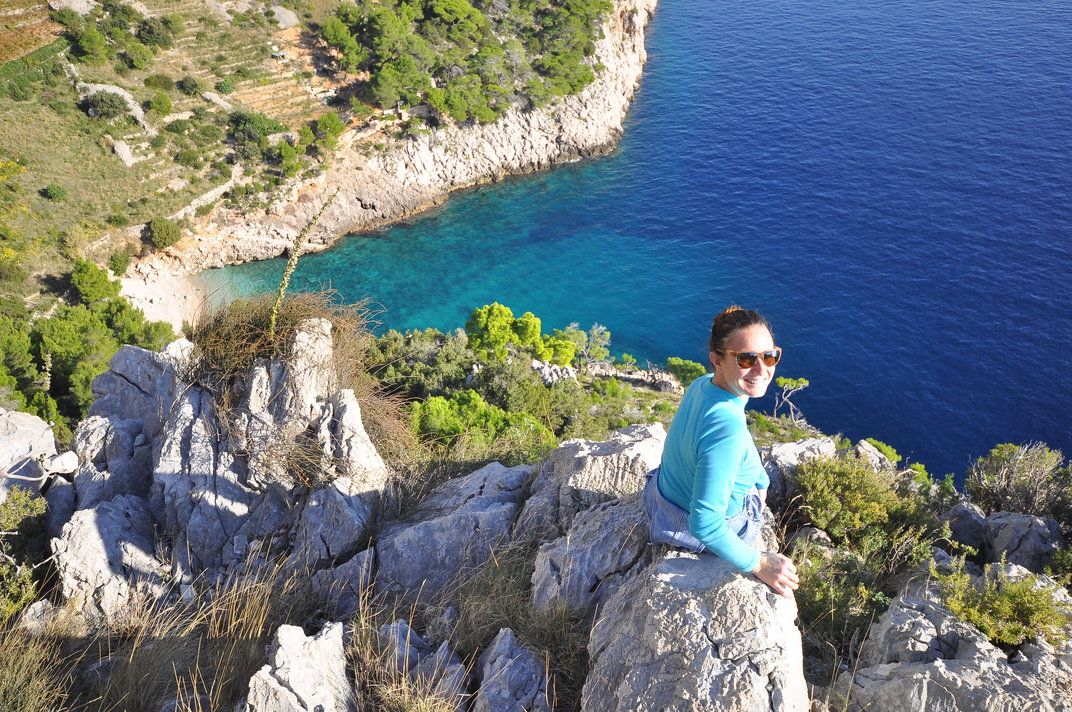
C: Yvan and I met at the Four Seasons in the south of France. Shortly after we met we were both transferred to Bora Bora in French Polynesia. We were sent to develop and adapt the local gastronomy for the pleasure of the international palate. After a few years we were ready to create our own business and I told Yvan that we should go back to Croatia to the small village of Stari Grad to do it. Croatia was not in the spotlight like today, but it was an amazing bountiful destination with more than 1200 islands, beautiful mountain ranges, and plains as far as the eye can see.
We arrived on Hvar in 2014 and spent the first summer exploring and discovering life on the island. We learned very quickly that people were producing fantastic products. Everything was authentic, unique, and the quality was exceptional. The issue was that there was no distribution for these products. Wine and food gastronomy are a passion, and we immediately saw the potential and the richness of Hvar. Before the summer ended we developed the concept of our future gourmet-deli.
Introduce your business – what is it that you do?
We own and run a gourmet deli called Za Pod Zub. A question we often receive is, what does the name mean and how did you come up with it? We were eating local meat and cheese with a glass of wine chatting away with our family. This is a typical situation for a French family. Zoran, a local artist and Chloé’s stepfather, told us that this had a name in Croatia: za pod zub. It’s a local expression that literally means under the tooth, but it’s a saying used to describe the act of having small bites of good food with friends and family. It hit us immediately that it was the perfect name for our gourmet deli.
Today, at our shop, we successfully bring together more than 70 producers with 250 products from the islands and from all around Croatia. Our philosophy is to show the variety and talent of artisan producers in Croatia.
In 2016, to enhance the experience for our guests, we created Private Chef Service – a private dining experience for visitors in their villas. We believe this is the best way to share the richness of Croatian gastronomy in an intimate and unique atmosphere.
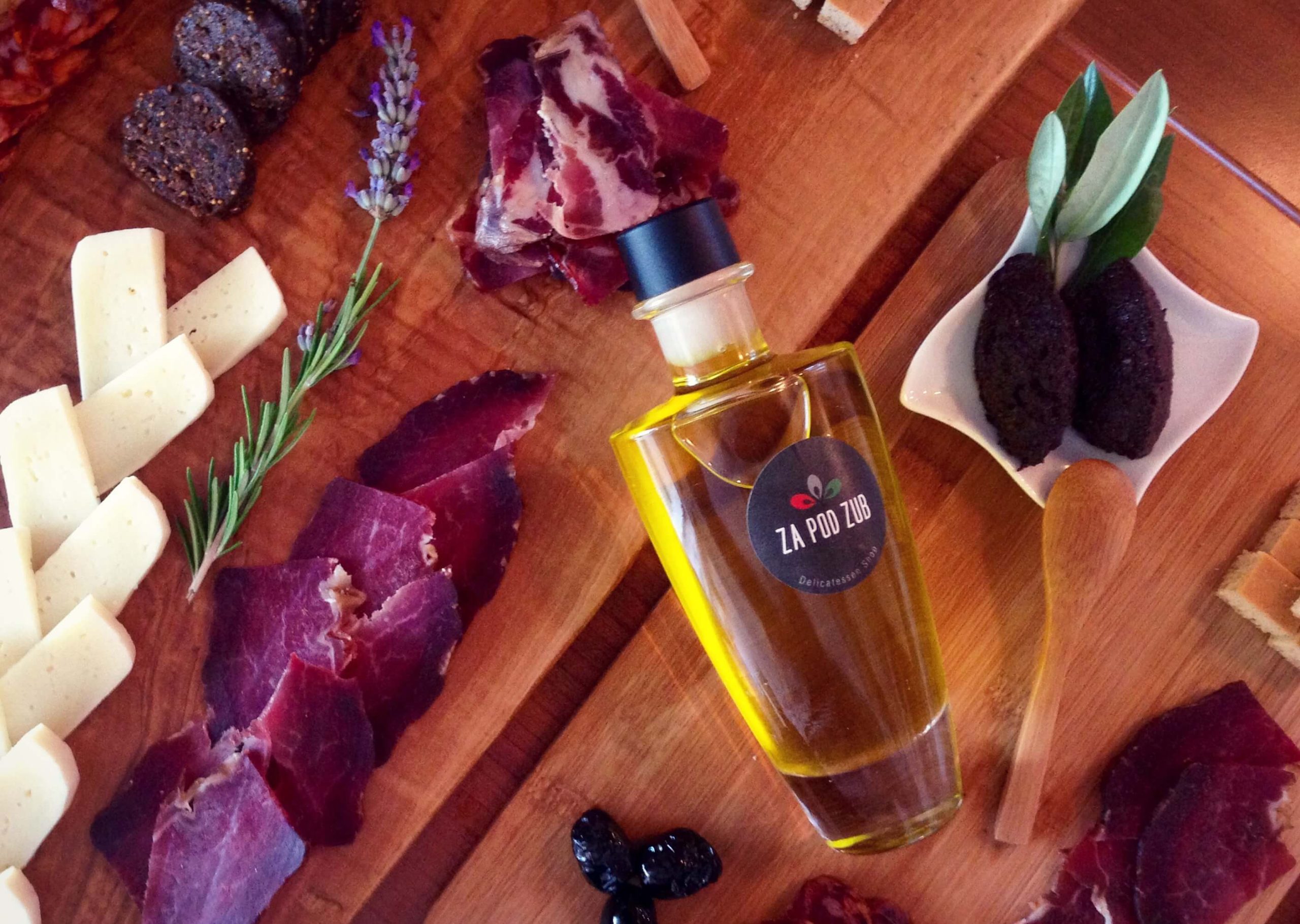
Tell us about some of the differences of your expectations of running a business in Croatia and the reality.
Honestly, we did not have any expectations about running a business in Croatia, and maybe that was for the best. We didn’t assume it would be easier or more difficult than opening a business in any other part of Europe or anywhere else in the world for that matter. It wasn’t until we began the process that we realized how difficult the journey would be when dealing with the administration.
Y: Since we are operating in a small village, the local community was of course very curious about us – curious, but not at all enthusiastic. Every day the locals would pass in front of our store and watch us renovate the space. They were definitely thinking that we were crazy and that our business would never succeed. They also did not understand why a woman was working with concrete, a sand blaster and a drill. One day, a man told Chloe that in Dalmatia, women are not made to work on “bauštela” (construction site) but were meant to stay home and take care of the kids. One would think he was joking, but he was very serious.
C: The thing I found to be the hardest was finding exclusive producers and creating original packaging with them. In Croatia, most shops look the same, if you’ve visited one you’ve visited most of them. Thankfully, this has started to change over the last five years. Before that there were only two suppliers and all of the products looked the same from Trieste to Dubrovnik. Today locals can still buy the best olive oil in a plastic bottle, but for international visitors oil is packaged in small and unique glass amphoras.
We can talk for hours about the differences between expectations and reality, but as we did not have any basis to work off of, we just stayed focused on our project. We worked on sourcing products and marketing. We just kept going day after day, filing the necessary paperwork and continuing to build our shop.
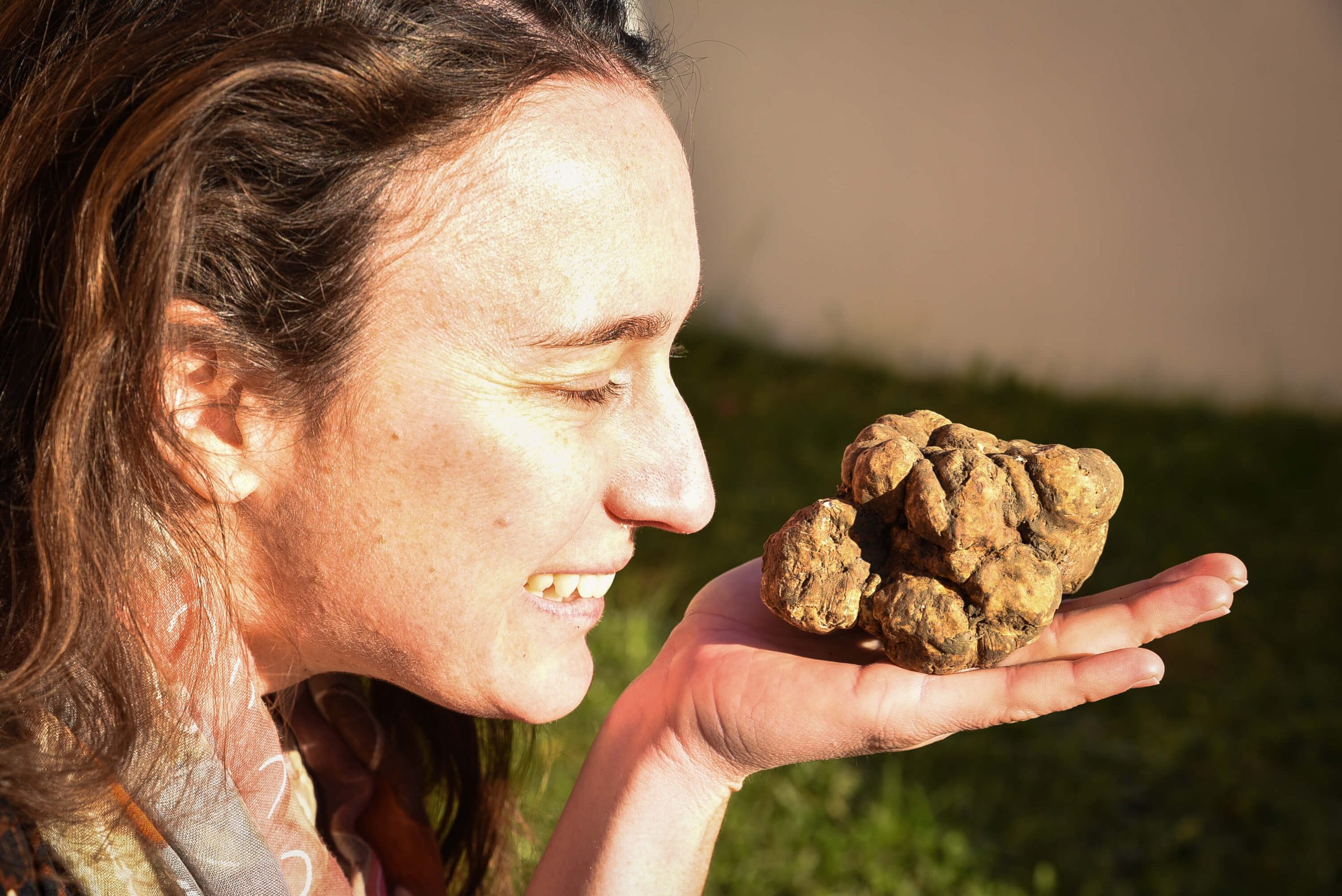
What (if any) bureaucratic issues have you encountered and how did you overcome them (i.e. any advice to the would-be entrepreneur?)
C & Y: Bureaucratic issues should probably be considered one of the national sports of Croatia.
You cannot imagine how many bureaucratic issues will cross your path, to list them all would take to long. When we look back we are just happy that we’re done with all of it.
The hardest thing is figuring out how and where to start, especially when you don’t speak the language. The paperwork is written in the standard Croatian language. The local community on the island was trying to be helpful, but unfortunately, they speak a local dialect of Croatian. Their efforts were not very successful because as they said to us, they are not too familiar with “the Croatian from TV”. People also attempted to help with the business side of things but they were not well versed in that either.
We were running from Hvar to Split to Zagreb then back to Hvar, only to have to go back to Split because we forgot our “pecat” (stamp) or we didn’t have the right “rjesenje” (authorisation). Even if you have all of the necessary papers, you will always be missing one. It’s typical to encounter “marenda” between 10 and 12. You will be met with a closed door, as the workers are taking the traditional morning break for coffee, which never seems to end.
It felt like one of the 12 tasks of Asterix, but when we look back on that time we are able to laugh at the whole experience.
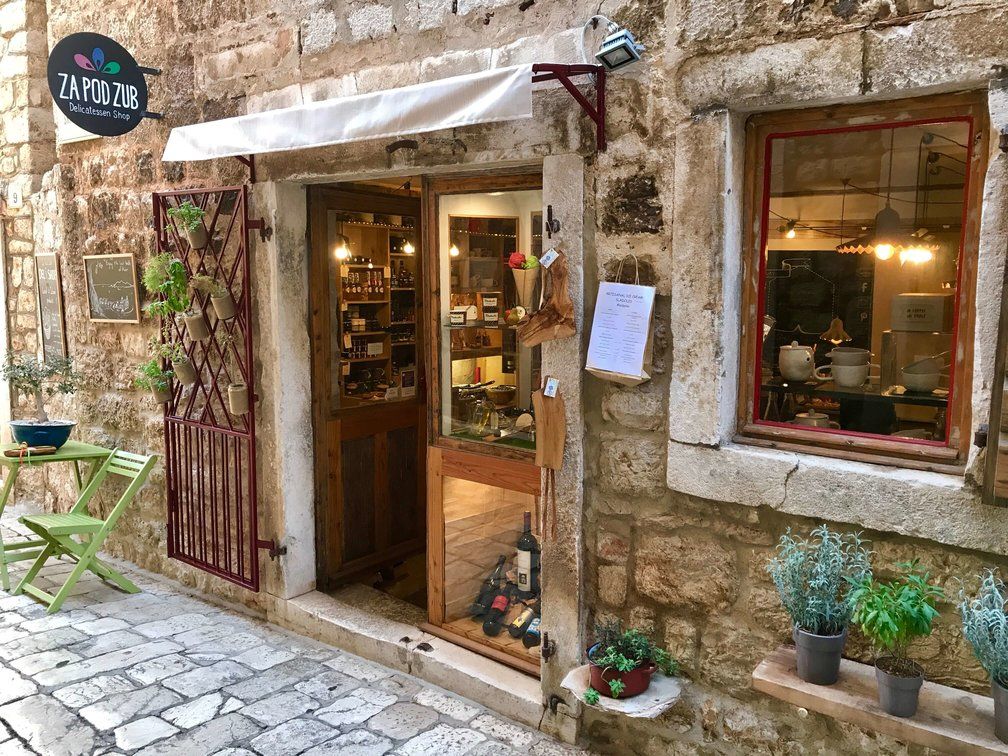
How is your product or business perceived in the Croatian market?
As we mentioned, the locals in Stari Grad did not believe in our project. On the Island, only the town of Hvar saw a value in luxury tourism. We identified a growing market in Stari Grad that no one really believed existed.
As a native Croatian living abroad told us, we brought a new vision to Stari Grad and we upgraded the quality of its gastronomic offer.
What were the opinions of your friends and community, were they supportive of your idea, or…?
Most of our friends and family asked us “Why Croatia?
They came to realize that Croatia is one of the most famous and beautiful destinations for tourism in Europe. When they visit us today they seem to understand why and are perhaps a bit jealous…
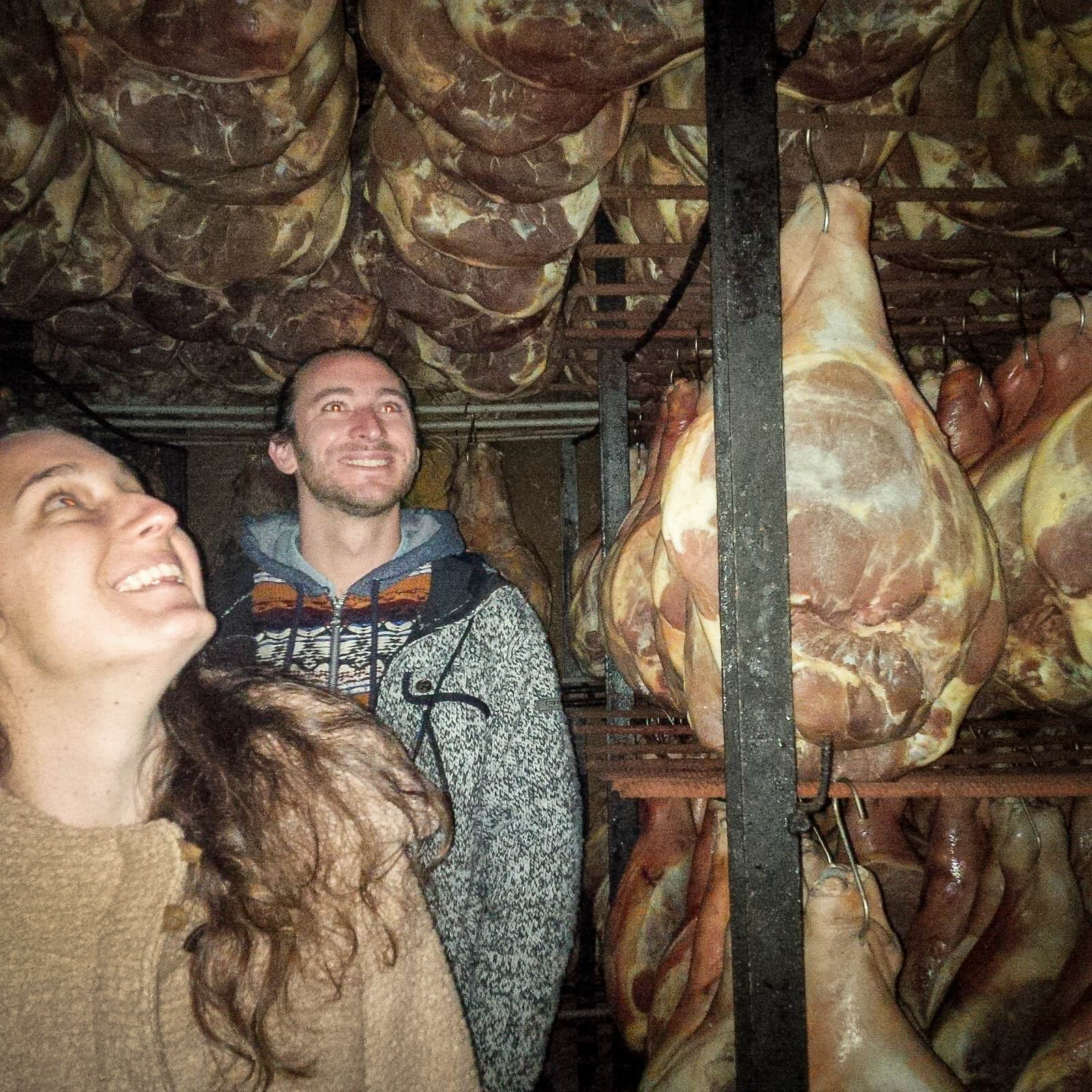
What are some of the greatest challenges you have faced in business in Croatia?
The biggest challenge is the bureaucracy as we mentioned before. It’s a nightmare.
It’s also been a challenge to convince local producers that they need to concentrate on their product quality and maintain that quality in the long run. Most of them are attracted to the easy way of doing things and the old tourism standards, so they slowly they let the quality slip.
Language is a challenge as well. While most people in Croatia speak English, it seems that the only place they don’t is in the administration. It’s well known that French people are not good with languages, but we are studying and hope to speak Croatian and the local dialect soon…
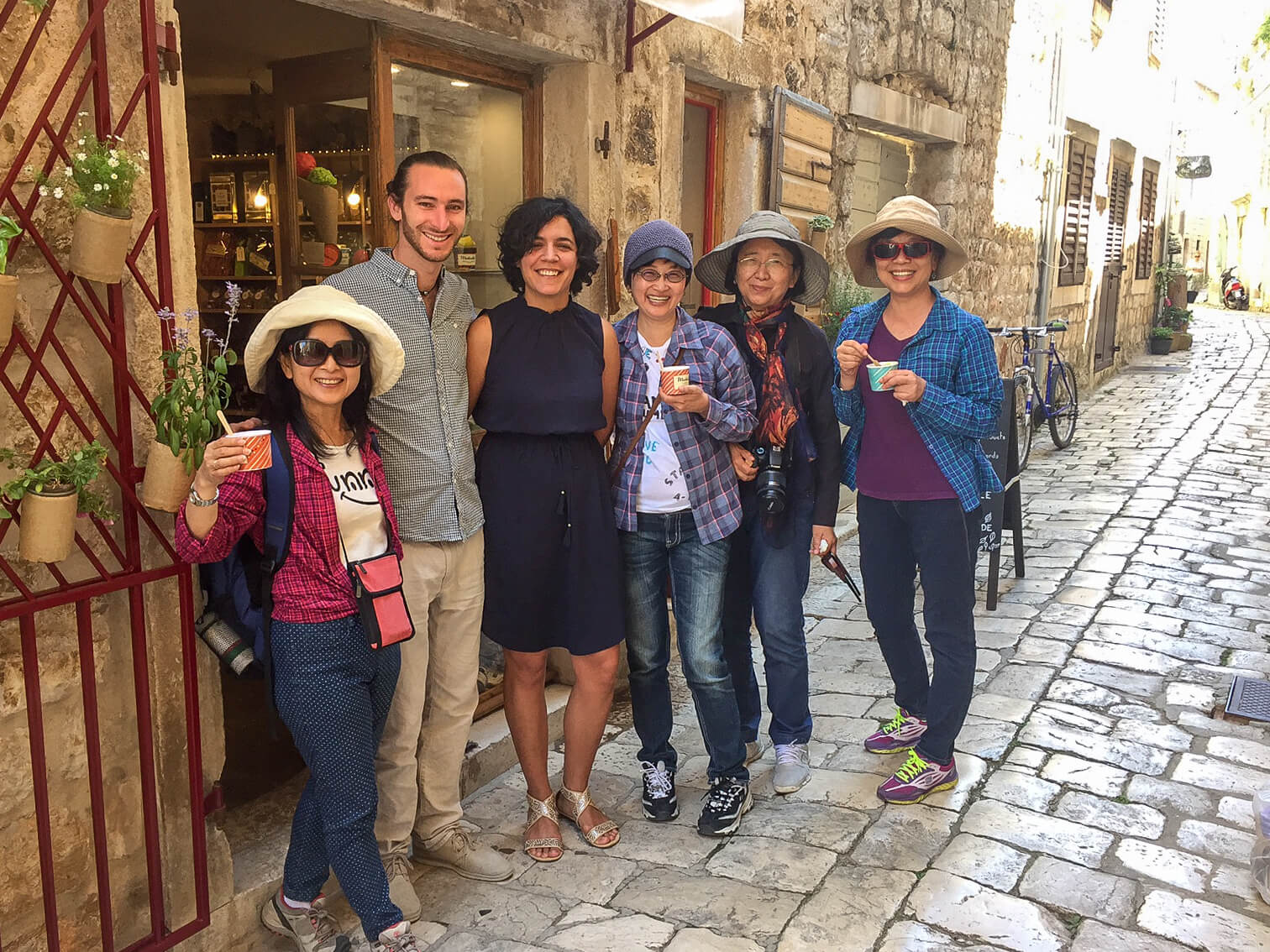
If you knew then what you know now, would you have come?
Of course we would, we found what we were looking for and what we love, meeting and working with producers and living a lovely life on the island.
Developing the idea for our business and creating it from nothing was the most exciting thing for us. It surely was not simple, and we were glad that we didn’t know how hard it would be before we started.
What are 3 things you love about Croatia?
1. The abundance of nature. When you are walking trough this amazing landscape you are hit with amazing aromas and beautiful vistas that make you feel eternal.
2. The people, producers and artists. All of the friends that we have met with whom we are sharing this beautiful life.
3. Sitting on a sunny terrace, watching the sea and eating fresh breaded octopus with a glass of local wine.
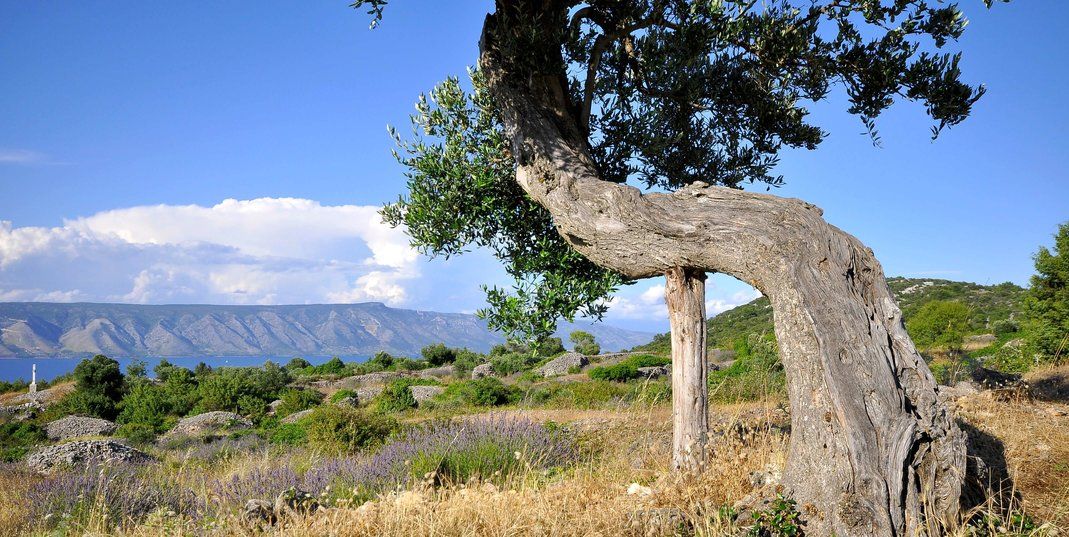
What are 3 things you would like to see improved in the business climate in Croatia?
1. Make the bureaucracy simpler to navigate and more standardized.
2. More support for all the small business and producers, as they are the most important richness of Croatia.
3. Delivery services – especially on islands.
How is it working with Croatians in terms of a business mentality?
I would say there is no consistent business mentality here. Some business owners are doing great things. They are professional, respond in a timely manner, and prioritize their businesses. While others do not have this same philosophy and operate on a much less professional level. I think that in time, those who are have not yet seen the value in consistent hard work will come around as they see the successes of those who do.
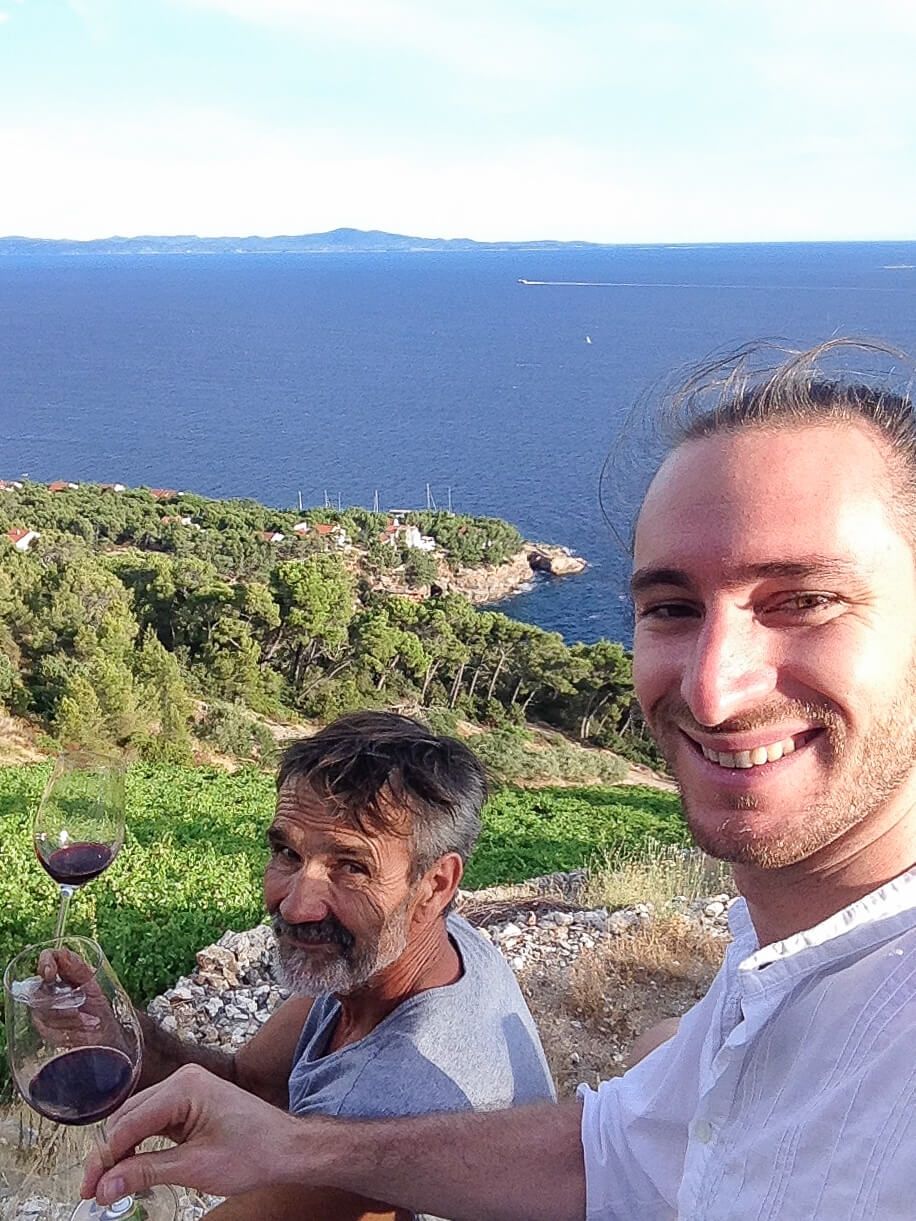
Advice for foreign entrepreneurs thinking of coming to Croatia?
Follow your feelings and dreams, listen to yourself and if you want to contribute in a meaningful way to the great things going on in Croatia, join us!!
Thanks to Chloé and Yvan for sharing! Check out their lovely business Za Pod Zub, and learn more about the exclusive gastronomic experience they offer here.

